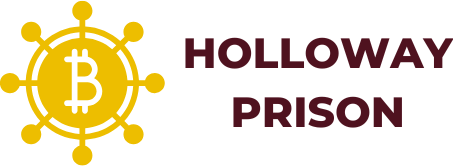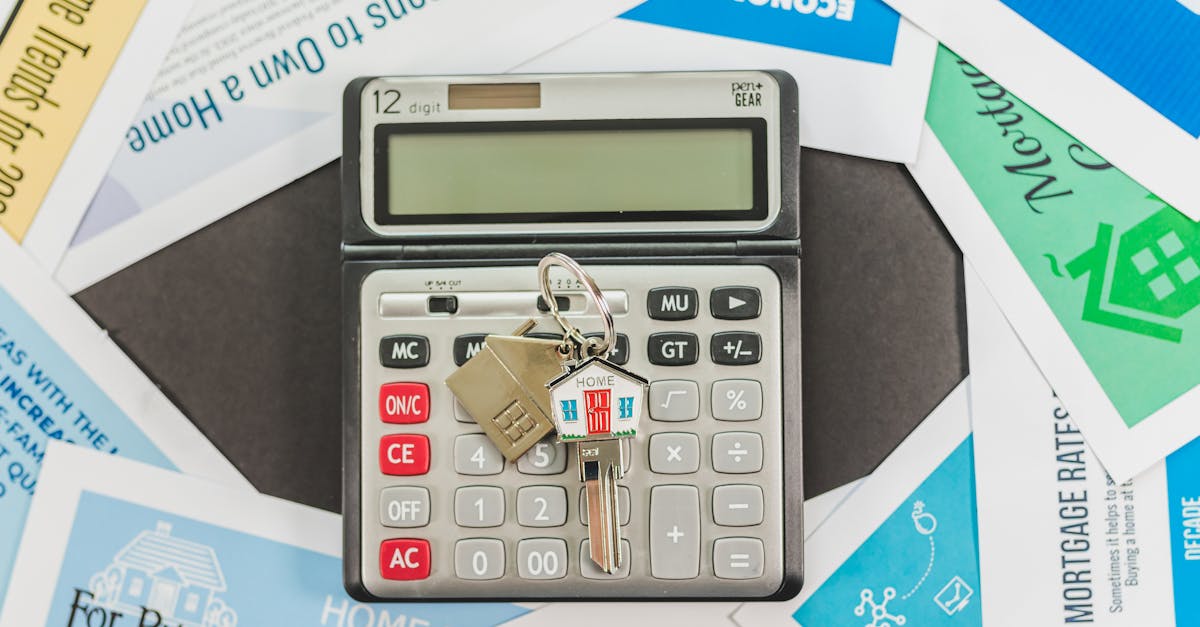Buying a home can feel like trying to solve a Rubik’s Cube blindfolded—overwhelming and a bit confusing. But fear not! With the right budget guide, anyone can navigate the maze of mortgages, down payments, and hidden costs without losing their sanity or their bank account.
Table of Contents
ToggleUnderstanding Your Home Buying Budget
Establishing a comprehensive budget is vital for home buyers. It ensures they navigate the complexities of the purchase process without jeopardizing financial stability.
Importance of a Budget
A budget serves as a roadmap in the home buying journey. It outlines expected expenses and keeps spending in check. Buyers gain clarity on their financial limits, reducing the risk of overextending themselves. Prioritizing essential elements like down payments and closing costs equips buyers with a realistic view of their financial landscape. Creating a budget fosters informed decision-making, allowing for strategic financing options. It also helps identify potential savings, empowering buyers to secure favorable mortgage terms.
Key Considerations in Budgeting
Several key factors influence the home buying budget. Loan types, including fixed-rate and adjustable-rate mortgages, impact monthly payments. Property taxes vary by location and can significantly affect overall costs. Insurance requirements also play a crucial role; homeowners often must include homeowners insurance in their monthly budget. Maintenance expenses should not be overlooked; budgeting for repairs and upkeep ensures smooth ownership. Additionally, considering lifestyle choices, like commuting distance and community amenities, helps buyers select the right property within their financial means.
Setting Your Budget
Establishing a budget sets the foundation for a successful home buying journey. It emphasizes key aspects and helps navigate financial complexities.
Determining Your Income
Assessing income provides clarity on home affordability. Consider salary, bonuses, and any side income when calculating total earnings. After arriving at a monthly income figure, factor in taxes and deductions for a realistic net amount. Buyers often aim for housing costs to make up no more than 28% of their gross monthly income. This percentage provides a guideline for maintaining financial flexibility while accommodating other expenses. Use a simple formula to ensure that potential mortgage payments fall within this range.
Analyzing Your Expenses
Understanding existing expenses ensures an accurate budget. Catalog fixed costs, such as utilities, groceries, and debt payments for a comprehensive view. Incorporate variable expenses, including dining out and entertainment, to find a realistic average. It’s vital to consider new costs associated with homeownership, such as property taxes and insurance. Setting aside funds for routine maintenance avoids surprises in the future. By evaluating both existing and anticipated expenses, buyers build a robust budget that supports their new home purchase.
Costs to Include in Your Budget
Understanding the key costs associated with home buying prevents surprises and keeps finances on track. Focus on these vital categories.
Down Payment
Down payments typically range from 3% to 20% of the home’s purchase price. This upfront payment affects mortgage terms and monthly payments. A higher down payment can lead to lower interest rates and eliminate private mortgage insurance fees. Regularly, buyers with good credit may qualify for better loan options with a larger down payment. Factor this crucial cost into your budget early in the process.
Closing Costs
Closing costs generally amount to 2% to 5% of the home’s price. These expenses include lender fees, appraisal fees, attorney fees, and title insurance costs. Buyers often overlook these costs, creating unexpected financial strain. Pricing and negotiation can sometimes reduce these expenses, so being proactive helps. Preparing for closing allows for a smoother transition to homeownership.
Ongoing Expenses
Ongoing expenses extend beyond the mortgage payment. Property taxes, homeowners insurance, and maintenance costs require monthly budgeting. Plan for at least 1% of the home’s value annually for maintenance, as unexpected repairs can arise. Utilities, landscaping, and HOA fees may also affect overall costs. Anticipating these expenses ensures financial preparedness and enhances homeownership enjoyment.
Financing Options
Understanding financing options is crucial for home buyers. Various types of mortgages and loans can influence financial decisions throughout the buying process.
Mortgages and Loans
Fixed-rate mortgages offer stability, with borrowers paying the same interest rate throughout the loan term. Adjustable-rate mortgages can result in lower initial payments but may fluctuate after an introductory period. Government-backed loans, like FHA loans, require lower down payments, making them accessible for first-time buyers. VA loans cater specifically to veterans and active military personnel, providing favorable terms without requiring a down payment. Ultimately, the chosen mortgage type has a significant impact on monthly payments and total interest paid over time.
Government Assistance Programs
Government assistance programs help to alleviate some financial burdens during home purchases. Programs like the USDA loan assist low to moderate-income borrowers in rural areas with no down payment options. First-time home buyers can benefit from grants or down payment assistance programs, which may cover a portion of the upfront costs. State-specific initiatives often provide additional support and tailored resources. Researching available programs can uncover opportunities to make home buying more affordable, ensuring financial security in the long run.
Tips for Staying Within Budget
Staying within budget during the home buying process requires careful planning and prioritization. The following strategies can help buyers maintain financial control.
Prioritizing Needs vs. Wants
Understanding the difference between needs and wants shapes a practical budget. Prioritize essential features, such as a sufficient number of bedrooms or proximity to work, before considering luxury aspects like a pool or gourmet kitchen. Conducting this analysis facilitates clearer decision-making and helps to avoid overspending on non-essential items. Buyers should create a list, categorizing features as necessary or desirable. Reviewing this list consistently can bring focus to the buying process and curb impulse decisions. Evaluating options based on long-term satisfaction rather than immediate pleasure promotes a wise investment in a home.
Adjusting Other Financial Goals
Adjusting other financial goals can provide space within a budget for homeownership. Allocating funds typically reserved for short-term savings, vacations, or entertainment can support necessary home-related expenses. Analyzing overall financial objectives allows for flexibility in spending allocations. Reducing discretionary spending temporarily can enhance the affordability of a mortgage payment. Increasing savings for a down payment may also take precedence during this phase. Creating a balance between home buying and other financial ambitions ensures sustainable financial health post-purchase.
Navigating the home buying journey doesn’t have to feel overwhelming. With a solid budget in place buyers can tackle the complexities of purchasing a home with confidence. By understanding all associated costs and financing options they can make informed decisions that align with their financial goals.
Establishing a clear budget helps buyers prioritize their needs and avoid unnecessary expenses. This proactive approach not only enhances the home buying experience but also lays the groundwork for sustainable financial health in the future. With careful planning and a focus on essential features buyers can turn their dream of homeownership into a reality while keeping their finances intact.





